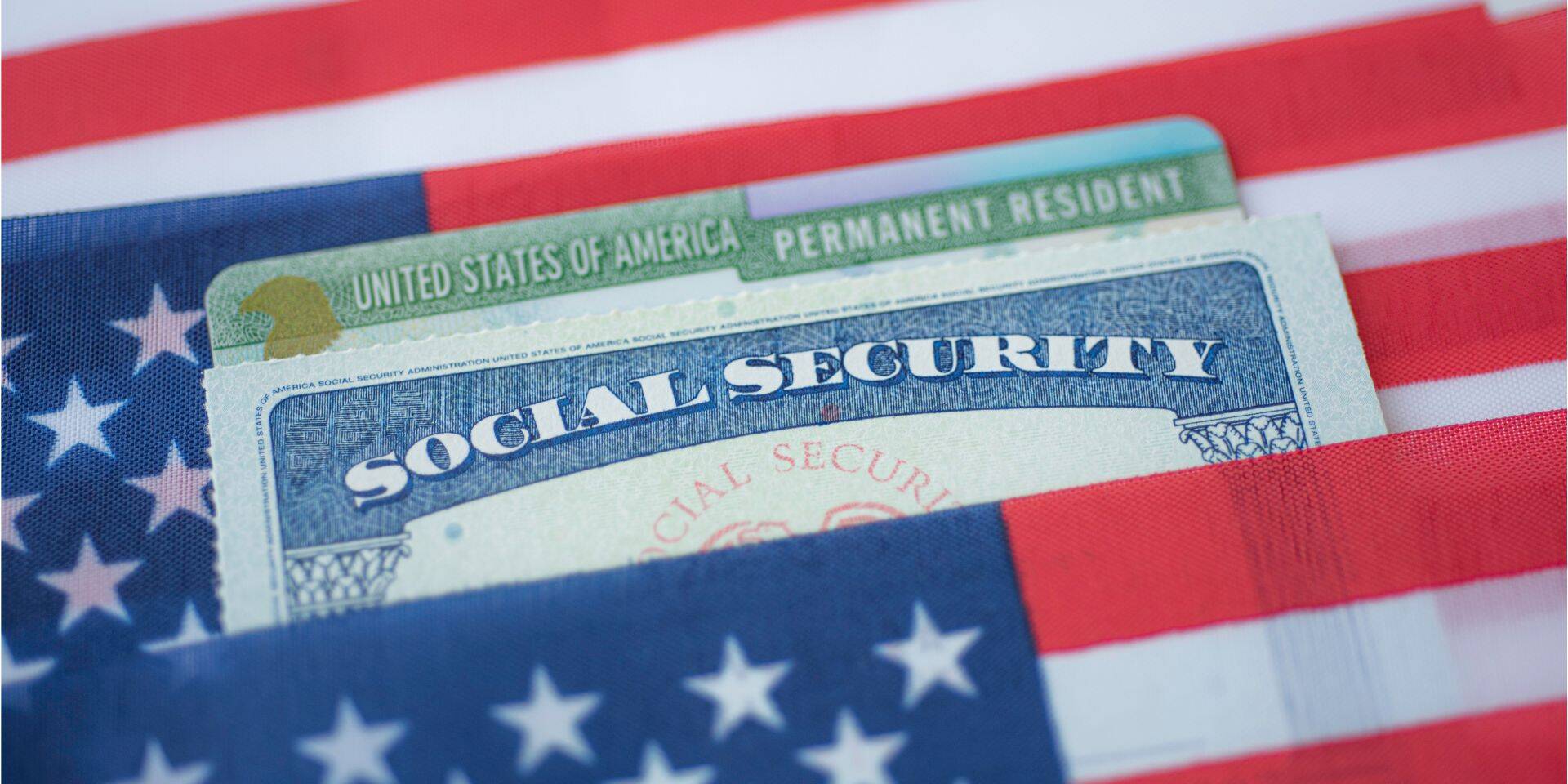The U.S. Government Accountability Office has urged the federal government to adopt policies that would increase domestic production and attract foreign labor to mitigate ongoing supply chain disruptions. Over fifteen experts, including industry executives, non-profit groups, academics, and government officials reported that in order to reduce the risks of global semiconductor shortages, the U.S. must take prompt action. They have suggested the U.S. begin to stockpile its own resources, strengthen the domestic labor force with foreign workers, and amend international trade agreements. Experts have also suggested that the U.S. invest in minerals and research development.
The global supply chain was largely disrupted in 2020, due to the COVID-19 pandemic. Lead times were delayed up to twice as long as expected, which affected product shipment times by up to 12 weeks. The automobile industry was greatly affected by the semiconductor shortage, as up to 3 million fewer cars were produced in North America. The U.S. defense industry also suffered, as the shortage was a key challenge in supplying defense weapons to Ukraine.
The increase of foreign labor workers in the domestic labor market was highly emphasized by all reporting experts. In doing so, the GAO recommended training programs and immigration reform to secure the stability of the semiconductor industry. One expert highlighted optional training programs for students on F-1 visas, as compared to H1-B visas for specialty occupations, as the H1-B visa does not permit workers to easily change their employers. Other experts encouraged the reintroduction of a failed bill in 2017, Stopping Trained in America PhDs From Leaving the Economy Act (STAPLE). If it had been passed, non-citizens with STEM-related doctorate degrees from U.S. institutions could apply for permanent residence in the United States.
Experts have also urged the federal government to emphasize its diplomatic powers by entering into multilateral discussions with other countries to amend trade agreements. In these talks, experts have also encouraged the protection and negotiation of intellectual property rights, as to protect certain industries.
While experts provided several recommendations, there is not a single policy that will correct the global disruption. Rather, several policy implementations working in conjunction with one another are better suited to address this problem.
The report has been sent to several U.S House of Representatives and Senate offices, including the Senate Committee on Homeland Security and Government Affairs.
If you have questions about foreign labor for your company or any other immigration-related issue, contact us at ILBSG. Our attorneys work with our clients to ensure they get the right advice, increasing their odds of a successful outcome.
Related Posts
April 17, 2025
Expanded DHS and FBI Involvement Driving More Green Card Holder Removals
The expansion of DHS, USCIS, and FBI…
April 17, 2025
F-1 Students Anticipate Visa Cancellations and Removals
F-1 visa cancellations have raised…
April 17, 2025
H-1B Holders Face Layoffs Along with Possibility of Removal
H-1B holders are facing mounting…



